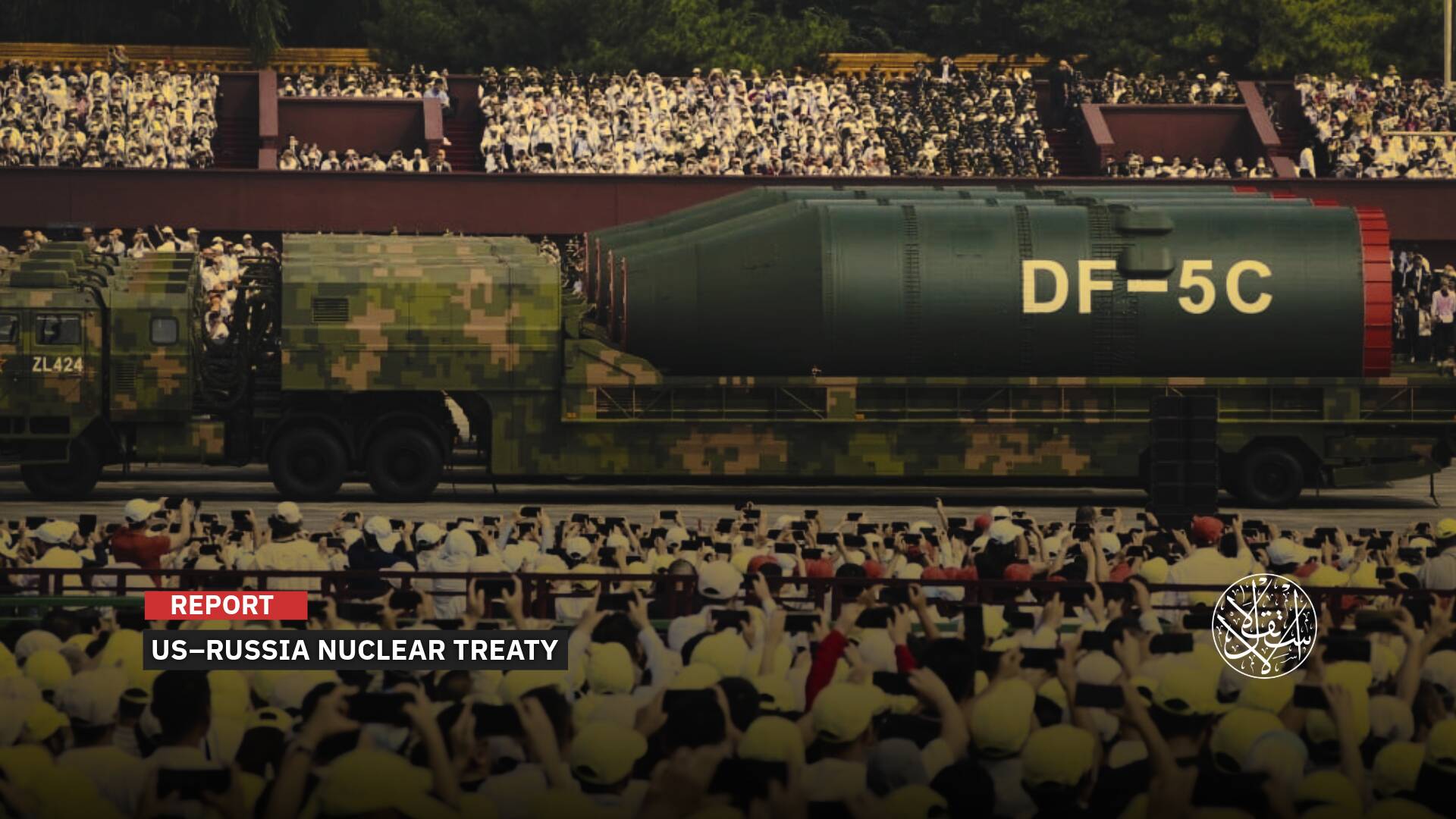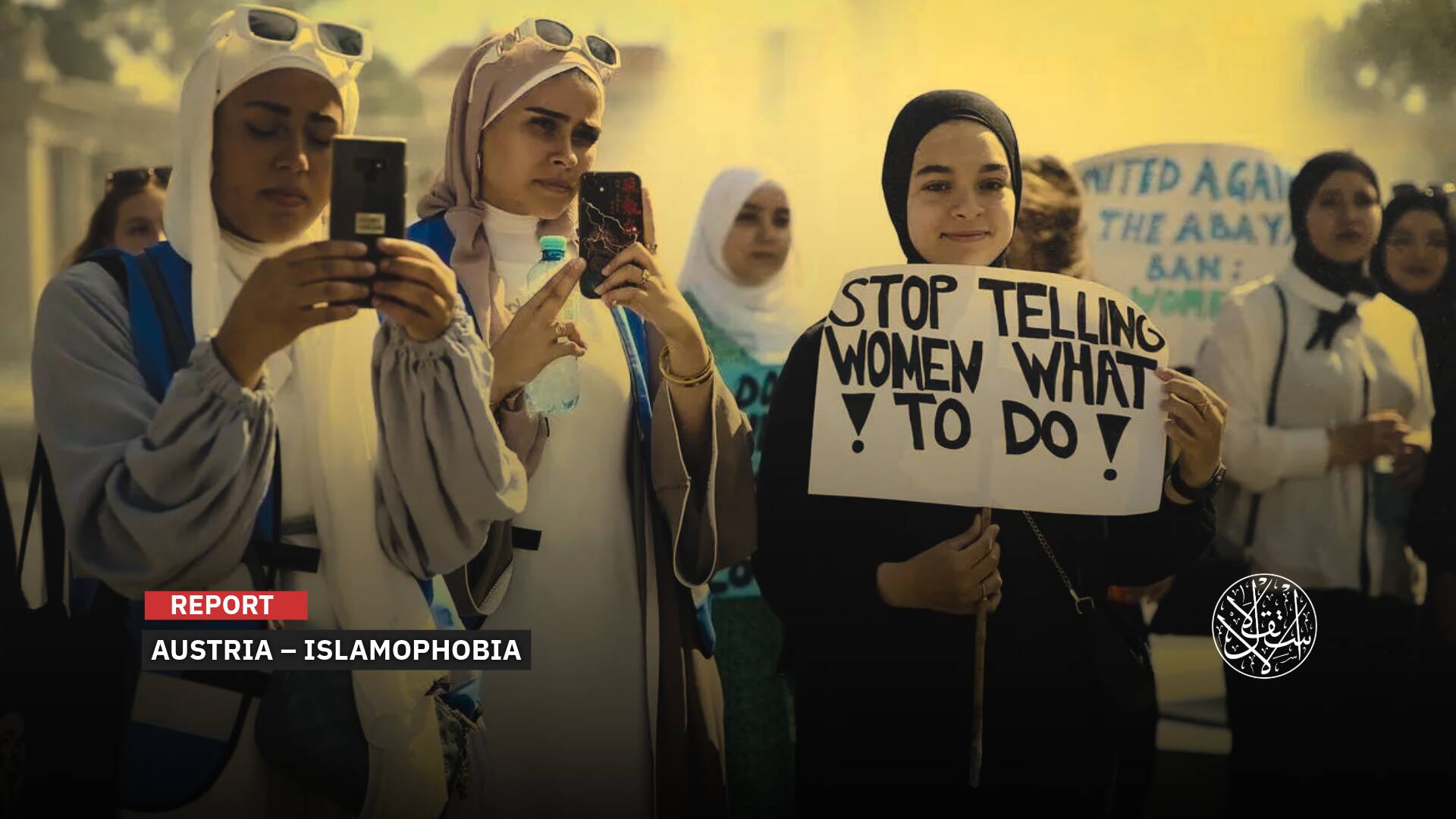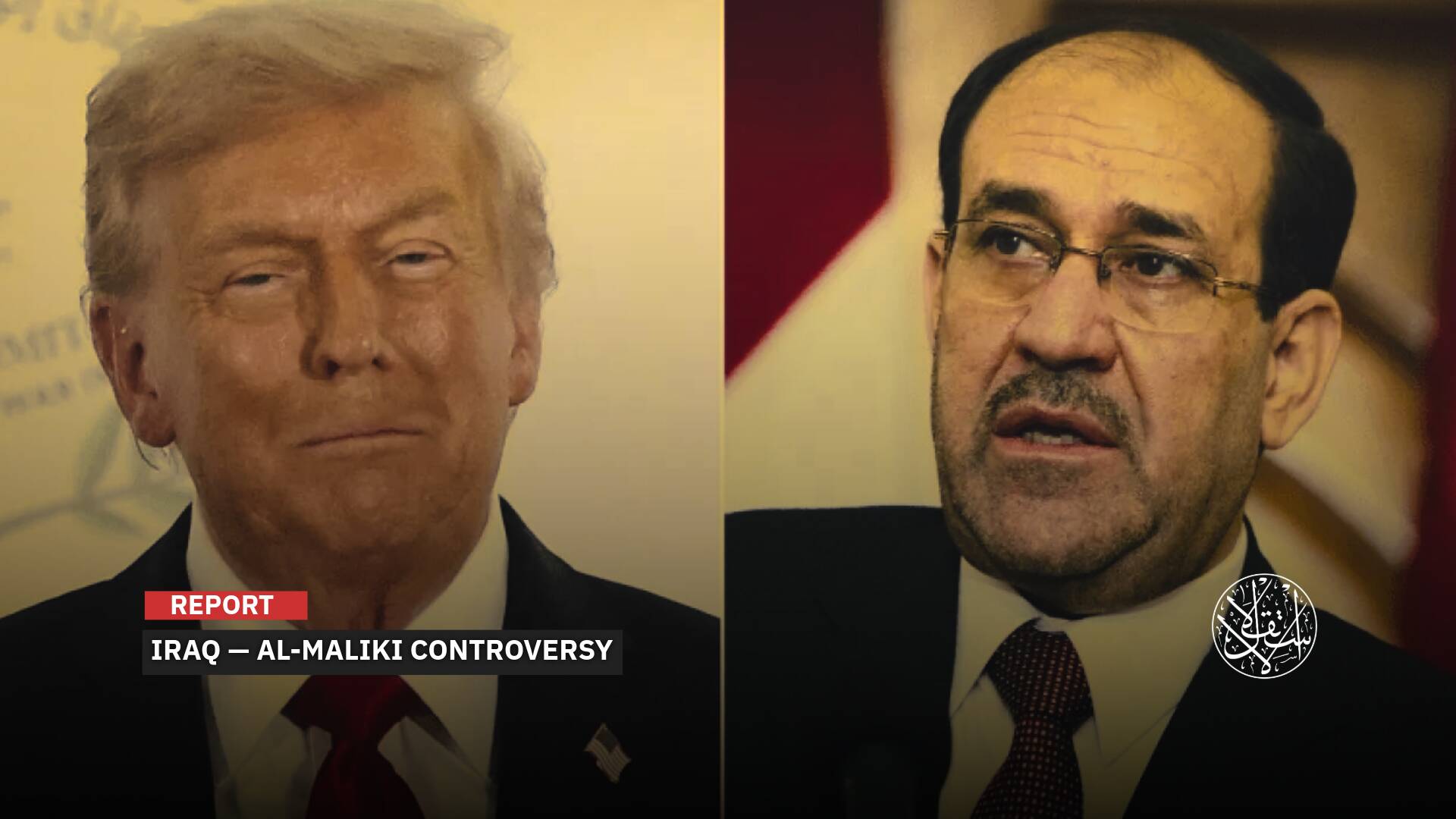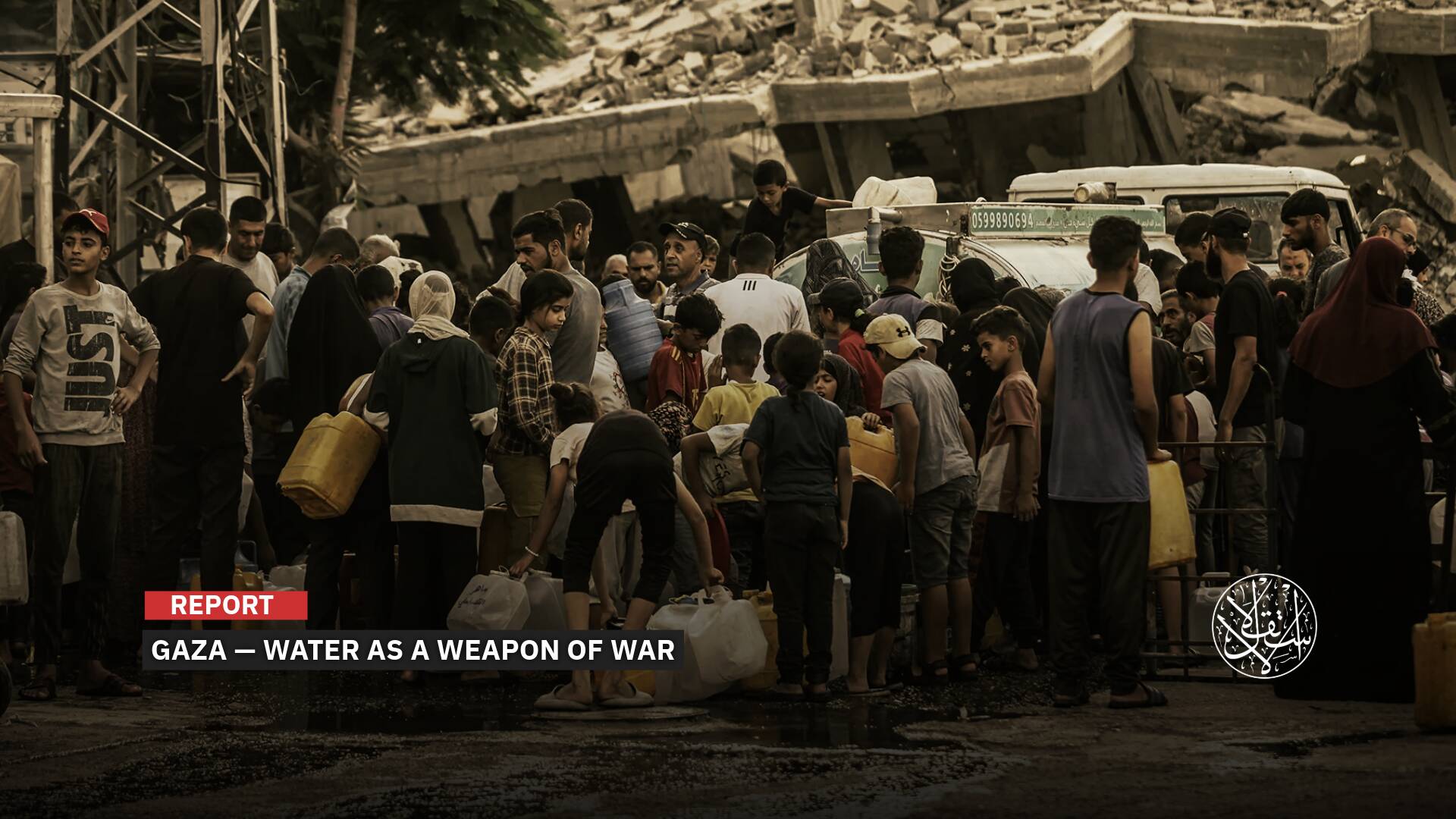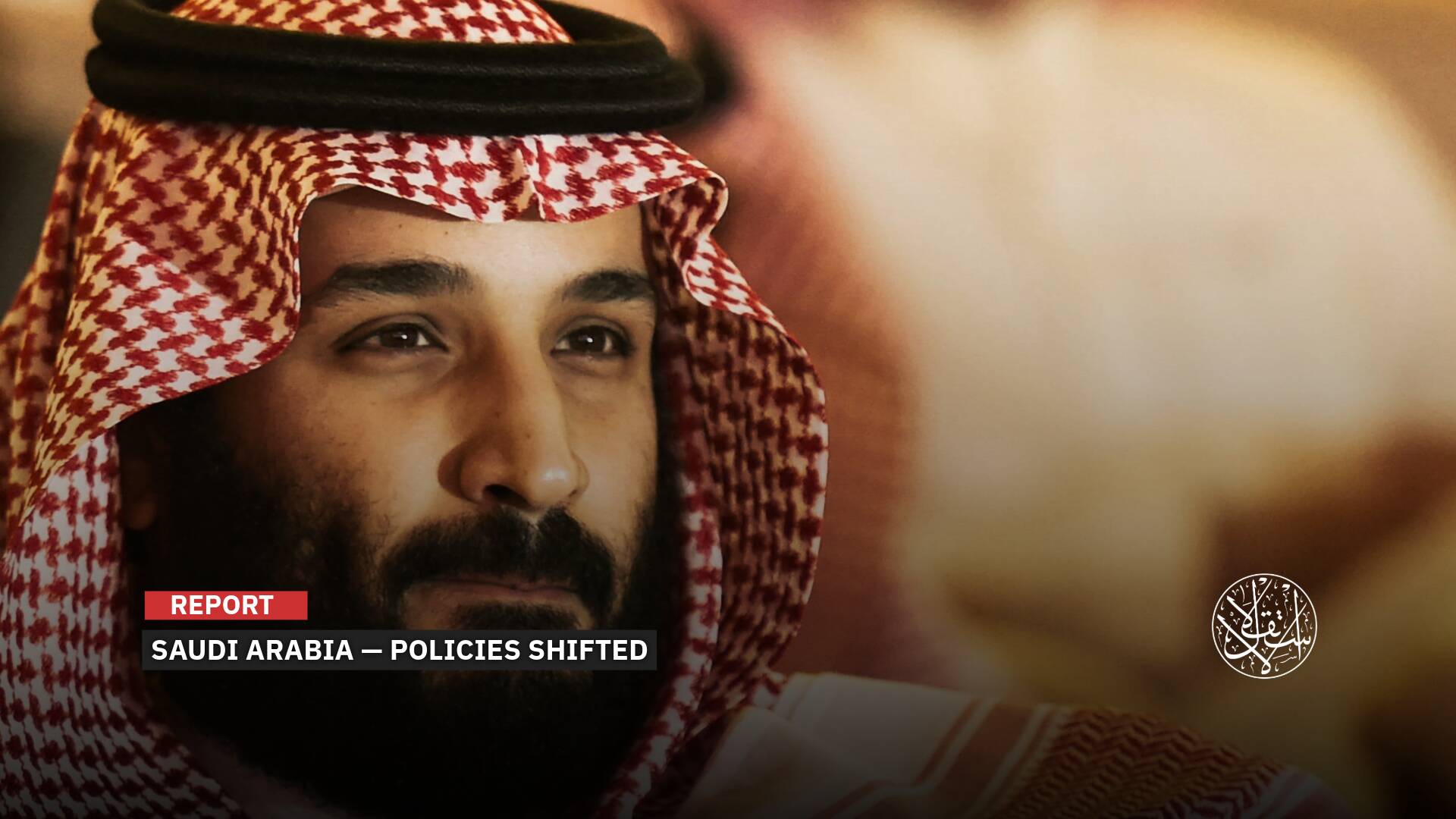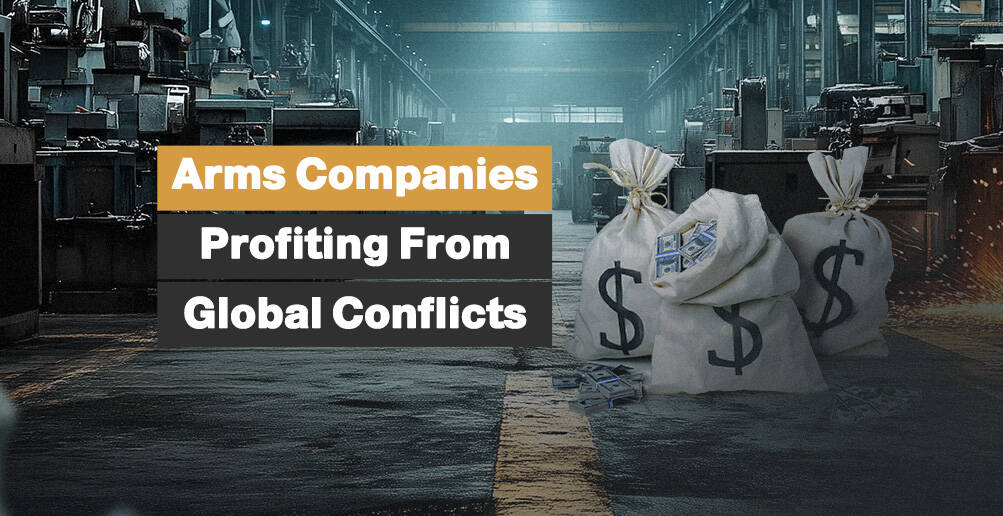‘Maximum Pressure’: Impact of Trump's Return on Iran's Regional Influence

Trump will reinstate the “maximum-pressure” strategy on Iran.
Donald Trump’s return to the White House brings significant expectations for his approach to Iran, a nation he targeted with intense sanctions during his first term (2017–2021) under the banner of “maximum pressure.”
One of Trump’s most consequential moves against Tehran was his 2018 decision to withdraw the U.S. from the Iran nuclear deal, reimposing harsh economic sanctions—a policy he frequently touted during his re-election campaign. Another defining moment of his presidency was the 2020 assassination of Qassem Soleimani, the commander of the Revolutionary Guards’ Quds Force.
On November 6, 2024, Trump secured a sweeping victory over Democratic candidate Kamala Harris in the presidential race, winning by more than four million votes. The Republican Party also reclaimed a majority in the Senate.

Aggressive Strategy
Western media predict Donald Trump will resurrect his tough stance on Iran, reimposing harsh sanctions to cut the country off economically and diplomatically. Some reports even suggest his administration might support military strikes targeting Iranian nuclear facilities.
Trump plans to intensify sanctions on Iran, including crippling its oil sales, as part of a broader strategy to weaken Tehran's support for its regional allies and its nuclear ambitions, as per The Wall Street Journal (WSJ).
Iran’s alleged assassination plots against Trump and his former national security aides may further influence his stance, former Trump officials told WSJ.
“People tend to take that stuff personally,” said Mick Mulroy, a top Pentagon official for the Mideast in Trump’s first term. “If he’s going to be hawkish on any particular country, designated major adversaries, it’s Iran.”
Trump’s incoming team is reportedly exploring ways to strangle Iranian oil revenue, targeting foreign ports and traders involved with Iranian oil. This approach mirrors the “maximum pressure” campaign he pursued during his first term, with mixed results.
“I think you are going to see the sanctions go back on, you are going to see much more, both diplomatically and financially, they are trying to isolate Iran,” a former White House official told WSJ. “I think the perception is that Iran is definitely in a position of weakness right now, and now is an opportunity to exploit that weakness.”
Meanwhile, Brian Hook, who managed Iran policy during Trump’s first term, stated in a CNN interview that while Trump isn’t interested in regime change, he is committed to isolating Iran diplomatically and economically to prevent funding of “proxies” like Hamas, Hezbollah, and the Houthis.
Halima Croft, a commodities strategist at RBC Capital Markets, noted that Trump’s senior advisors strongly support Israeli strikes on Iranian nuclear facilities. She said Trump might be less inclined to oppose such actions compared to his predecessor.
During his campaign in North Carolina, Trump criticized President Joe Biden’s hesitancy to endorse Israeli strikes on Iranian nuclear sites. “When they asked him that question, the answer should have been, hit the nuclear first, and worry about the rest later.”
At the time, Biden opposed Israeli strikes on Iranian nuclear facilities, following Iran's launch of nearly 200 missiles at “Israel” in early October 2024 in retaliation for the assassination of Hezbollah's Secretary-General Hassan Nasrallah and Hamas leader Ismail Haniyeh.
Trump's transition team is drafting plans for a new wave of harsh economic sanctions on Iran, aimed at cutting off its oil exports while bolstering support for “Israel,” according to U.S. sources cited by Politico.
The team intends to revive the “maximum-pressure” campaign, combining economic isolation with a credible military threat as a key deterrent.
This anticipated strategy comes amid escalating tensions in the Middle East, including the humanitarian crisis in Gaza and the ongoing conflict between “Israel” and Iran-backed militant groups.

Media Intimidation
Regarding Western media's speculations on how Donald Trump will approach Iran in his second term, Iraqi media policy researcher Hamed Alobaidi suggests these forecasts may amount to mere media intimidation. “
“The preemptive intimidation strategy employed by American media may not translate into real-world actions,” he told Al-Estiklal.
Alobaidi argued that Trump is unlikely to impose harsher sanctions on Iran unless Tehran takes actions that directly threaten U.S. national security. “
“In his first term, Trump did not escalate to the point of assassinating Qassem Soleimani until Iran-backed militias stormed the U.S. Embassy in Baghdad in late 2019.”
According to the researcher, western media's narratives about severe sanctions may primarily serve as a tactic to pressure Tehran into concessions and deter military escalation in the region.
While Trump was responsible for escalating tensions between the West and Iran by withdrawing from the nuclear deal in 2018, Egyptian writer Walid Abbas argued that it’s far from certain he will repeat that approach in 2024, given the significant shifts in both domestic and international dynamics.
Writing for Monte Carlo Doualiya on November 11, Abbas said Trump's campaign focused heavily on addressing deep domestic divides and social challenges within the U.S.
“The principal concern for U.S. officials—whether Republican or Democrat—remains China and the looming threat of an intensified trade war,” Abbas wrote, suggesting that Trump may prioritize extinguishing global flashpoints to focus on China's economic challenge and domestic recovery.
The Egyptian writer pointed out that Trump, during his campaign, pledged to resolve the Ukraine conflict within 24 hours, a solution widely perceived as favoring Moscow.
“Everyone understands this resolution would come at Ukraine's expense, as Trump would impose terms on Kyiv, recognizing the U.S. as its primary provider of arms and financial aid.”
The writer also highlighted signs of a potential shift in Iran's approach toward the West, especially after the election of reformist Masoud Pezeshkian as president. Abbas noted this as an indicator of Tehran's readiness to re-engage in negotiations.
“Iran's behavior during its ongoing conflict with Israel—particularly its restraint following significant provocations, including the assassination of Ismail Haniyeh in Tehran and strikes on military sites in Iranian territory—suggests a genuine interest in dialogue.”
He argued that Tehran might already be paying the price for its return to the negotiation table, citing Lebanon as an example. Abbas added that any talks would inevitably focus on Iran’s nuclear program, requiring fresh negotiations that consider new international dynamics and Iran’s progress toward a nuclear weapon.
Abbas underscored the importance of the Israeli Occupation’s position in any U.S.-Iranian dialogue. “Benjamin Netanyahu’s offensives in Gaza and Lebanon, along with strikes on Iranian targets, have made him a pivotal player in this context,” Abbas wrote, stressing that any agreement would need to account for Israeli security concerns and regional actions.
Trump’s second term may present a more complex and multifaceted approach to Iran, influenced by broader global priorities and a changed Middle Eastern landscape, the Egyptian writer concluded.

Radical Shifts
Farzan Thabet, a senior research associate at the Geneva Graduate Institute, stated that Iran will need to consider significant shifts in its foreign policy and national security to avert further crises that could arise under a second term of Donald Trump.
In an interview with U.S. news outlet Alhurra on November 11, Thabet noted that Trump's potential return to the White House could bring about another round of “maximum pressure” aimed at weakening the Iranian regime.
This time, he suggested that Trump may implement policies that would be irreversible, even if U.S. leadership changes in the future.
The U.S. State Department outlined the details of Trump’s “maximum pressure” strategy against Iran in April 2019.
The strategy included bolstering the defense capabilities of U.S. partners in the region to counter Iranian threats and intensifying efforts to target Iranian movements and operations by its Revolutionary Guard in collaboration with local allies. Washington also cut off Iran's access to billions in oil revenues and reduced its exports more than ever before.
The U.S. took immediate action by re-imposing sanctions in November 2018, blocking Iran’s access to up to $10 billion in oil revenue since May 2018. According to CNN, the Trump administration imposed sanctions on over 970 Iranian individuals and entities in more than 26 rounds of sanctions, the largest number under any administration in U.S. history at the time.
These measures have caused Iran's economy to deteriorate, with the rial (Iranian toman) losing two-thirds of its value. As a result, the country faced an economic recession and unprecedented inflation rates of 40% from March 2018 to April 2019.
During the election campaign, Trump sent mixed signals on Iran, threatening to reduce the country to rubble but also expressing openness to talks with Tehran. He emphasized that while he wanted Iran to be “successful,” it must never possess nuclear weapons.
On November 7, Iranian President Masoud Pezeshkian said that Trump’s victory in the U.S. elections would make no difference for Tehran, which has prioritized building relationships with Islamic and neighboring countries. Pezeshkian, a reformist, pledged to engage the West to lift sanctions before taking office in July 2024, succeeding the late President Ebrahim Raisi, who tragically died in a plane crash in early August.
Sources
- Trump says Israel should 'hit Iran nuclear facilities first'
- Trump to Renew ‘Maximum Pressure’ Campaign Against Iran
- Will Trump continue his policy against Iran or respond to Tehran’s hints of its desire to return to the international community? [Arabic]
- Politico: Trump's team considering restoring 'maximum pressure' policy on Iran [Arabic]
- Former US envoy to Iran reveals to CNN his expectations regarding Trump's policies towards Tehran [Arabic]




